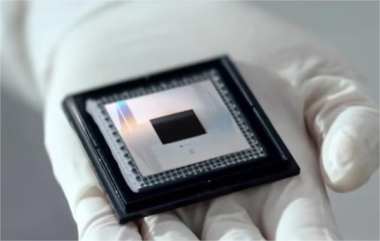
Recently, Google announced a major breakthrough in quantum computing. Using its 65-qubit superconducting processor, Willow, the team implemented a new algorithm called Quantum Echoes to perform complex physical simulations approximately 13,000 times faster than the world's fastest supercomputer, Frontier. This milestone marks the first verifiable quantum advantage, meaning quantum computers have now demonstrably outperformed classical machines in a task whose results can be independently confirmed.
The Quantum Echoes algorithm leverages an innovative forward-and-backward time evolution technique to measure second-order out-of-time-order correlation functions (OTOC²) in complex quantum systems. This reveals how quantum information spreads and interferes in chaotic states—something practically impossible for classical computers. Tasks that would take a traditional supercomputer over 3 years can now be completed in about 2 hours, dramatically boosting computational efficiency.
Hartmut Neven, Google's Senior VP of Engineering, emphasized that this achievement not only delivers unprecedented speed but also meets scientific verifiability requirements, aligning with Richard Feynman's vision of simulating nature with quantum systems. The processor's ability to rapidly reverse quantum states was key to this breakthrough.
The development was supported by Google's quantum hardware chief Michel Devoret and theoretical foundations established by two Nobel Prize-winning physicists. Beyond computation, the team demonstrated that Quantum Echoes could enhance nuclear magnetic resonance (NMR) spectroscopy, offering potential applications in drug discovery, materials research, and other high-tech fields.
Google anticipates that within the next five years, quantum computing will expand into multiple practical applications, heralding a new era for science and technology.




